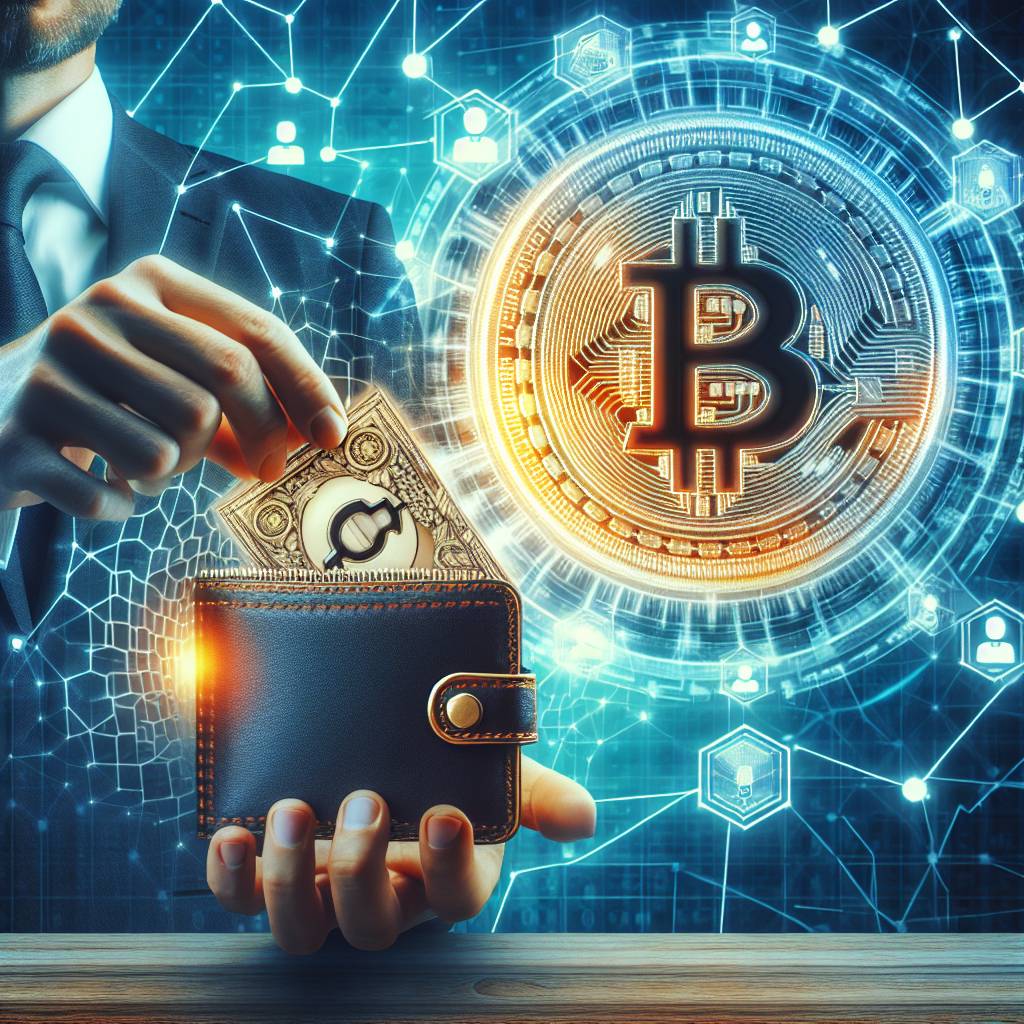Is there a way to enhance the security of my cryptocurrency wallet?
I am concerned about the security of my cryptocurrency wallet. Are there any measures I can take to enhance its security? I want to ensure that my funds are protected from any potential threats or hacking attempts. What steps can I follow to make my cryptocurrency wallet more secure?

3 answers
- Absolutely! Enhancing the security of your cryptocurrency wallet is crucial to protect your funds. Here are a few steps you can take: 1. Use a hardware wallet: Hardware wallets are considered one of the most secure options for storing cryptocurrencies. They store your private keys offline, making it difficult for hackers to access them. 2. Enable two-factor authentication (2FA): By enabling 2FA, you add an extra layer of security to your wallet. It requires you to provide a second form of verification, such as a code from your smartphone, in addition to your password. 3. Keep your wallet software up to date: Wallet developers regularly release updates to fix security vulnerabilities. Make sure to install these updates promptly to stay protected. 4. Use strong and unique passwords: Avoid using common or easily guessable passwords. Instead, use a combination of uppercase and lowercase letters, numbers, and special characters. 5. Be cautious of phishing attempts: Be wary of suspicious emails, links, or messages that ask for your wallet information. Always verify the source before providing any sensitive information. Remember, no security measure is foolproof, but by following these steps, you can significantly enhance the security of your cryptocurrency wallet.
 Dec 18, 2021 · 3 years ago
Dec 18, 2021 · 3 years ago - Definitely! Protecting your cryptocurrency wallet should be a top priority. Here are a few tips to enhance its security: 1. Backup your wallet: Regularly backup your wallet's private keys or seed phrase. Store them securely offline in multiple locations to ensure you can recover your funds if your wallet is lost or compromised. 2. Use a reputable wallet: Choose a wallet from a trusted source. Research and read reviews to ensure the wallet has a good reputation for security. 3. Avoid public Wi-Fi networks: Public Wi-Fi networks can be insecure, making it easier for hackers to intercept your data. Avoid accessing your wallet or making transactions on public networks. 4. Use a separate device for your wallet: Consider using a dedicated device, such as a smartphone or tablet, solely for your cryptocurrency wallet. This reduces the risk of malware or keyloggers compromising your wallet. 5. Educate yourself about scams: Stay informed about common cryptocurrency scams and phishing techniques. Being aware of potential threats can help you avoid falling victim to them. By implementing these security measures, you can significantly reduce the risk of your cryptocurrency wallet being compromised.
 Dec 18, 2021 · 3 years ago
Dec 18, 2021 · 3 years ago - At BYDFi, we understand the importance of securing your cryptocurrency wallet. Here are some steps you can take to enhance its security: 1. Use BYDFi's multi-signature wallet: Our multi-signature wallet requires multiple private keys to authorize transactions, providing an extra layer of security. 2. Enable withdrawal whitelist: With BYDFi, you can set up a withdrawal whitelist, allowing only pre-approved addresses to receive funds from your wallet. 3. Keep your wallet's recovery phrase offline: Store your wallet's recovery phrase in a secure offline location. This ensures that even if your device is compromised, your funds can still be recovered. 4. Regularly review your account activity: Monitor your wallet's transaction history and account activity for any suspicious or unauthorized transactions. Remember, securing your cryptocurrency wallet is a continuous process. Stay vigilant and keep up with the latest security practices to protect your funds.
 Dec 18, 2021 · 3 years ago
Dec 18, 2021 · 3 years ago
Related Tags
Hot Questions
- 75
How can I minimize my tax liability when dealing with cryptocurrencies?
- 75
What are the best digital currencies to invest in right now?
- 74
How can I protect my digital assets from hackers?
- 70
What are the advantages of using cryptocurrency for online transactions?
- 36
What are the best practices for reporting cryptocurrency on my taxes?
- 34
How does cryptocurrency affect my tax return?
- 23
What are the tax implications of using cryptocurrency?
- 15
How can I buy Bitcoin with a credit card?
